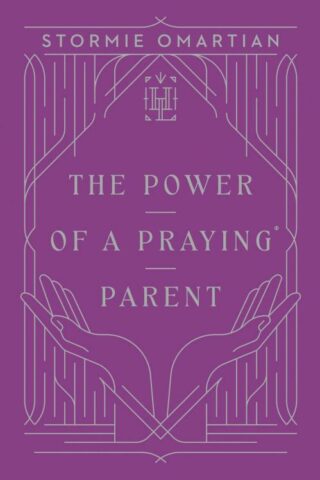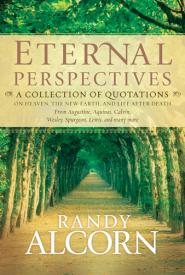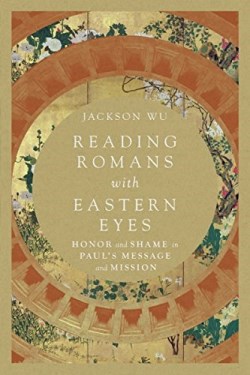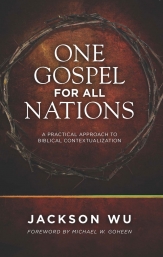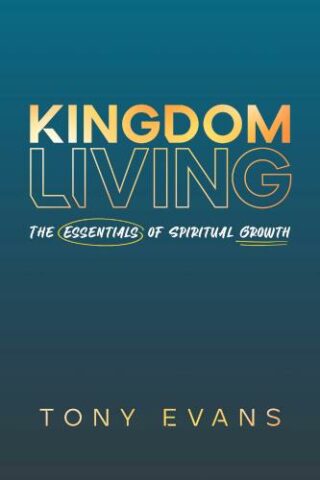Jackson Wu
Showing all 2 resultsSorted by latest
-
Reading Romans With Eastern Eyes
$28.99Introduction
1. How To Read With Eastern Eyes
2. Paul’s Mission Frames His Message (Rom 1, 15)
3. Dishonoring God And Ourselves (Rom 1-2)
4. Distinguishing “Us” And “Them” (Rom 2)
5. Christ Saves God’s Face (Rom 3)
6. Who Is Worthy Of Honor? (Rom 4)
7. Faith In The Filial Christ (Rom 5-6)
8. The Hope Of Glory Through Shame (Rom 5-8)
9. Shamed From Birth? (Rom 7)
10. They Will Not Be Put To Shame (Rom 9-11)
11. Honor One Another (Rom 12-13)
12. The Church As “Harmonious Society” (Rom 14-16)
Discussion Guide
Bibliography
Author Index
Subject Index
Scripture IndexAdditional Info
What does it mean to “read with Eastern eyes”? According to Jackson Wu, an Eastern perspective is in many ways culturally closer to that of the first-century world. Cultural values of honor and shame, social status, tradition, hierarchy, and relationships are similar in both East Asia and the New Testament.As readers, we bring our cultural understanding and values to the text. Our biases and background influence what we observe-and what we overlook. Wu aims to help us develop our “Eastern lenses” in order to interpret Scripture well and gain insights we might have missed.
In Reading Romans with Eastern Eyes, Wu demonstrates how an Eastern perspective sheds light on Paul’s most complex letter. When read this way, we see how honor and shame shape so much of Paul’s message and mission.
Add to cartin stock within 3-5 days of online purchase
-
1 Gospel For All Nations
$23.51The Bible tells us what to believe–the gospel. Did you know it also shows how to contextualize the gospel? In One Gospel for All Nations, Jackson Wu does more than talk about principles. He gets practical. When the biblical writers explain the gospel, they consistently use a pattern that is both firm and flexible. Wu builds on this insight to demonstrate a model of contextualization that starts with interpretation and can be applied in any culture. In the process, he explains practically why we must not choose between the Bible and culture. Wu highlights various implications for both missionaries and theologians. Contextualization should be practical, not pragmatic; theological, not theoretical.
Add to cartin stock within 3-5 days of online purchase

![5099992864122 Unbroken Praise [Live]](https://ocbfbookstore.org/wp-content/uploads/2024/11/5099992864122-320x480.jpg) Unbroken Praise [Live]
Unbroken Praise [Live]

